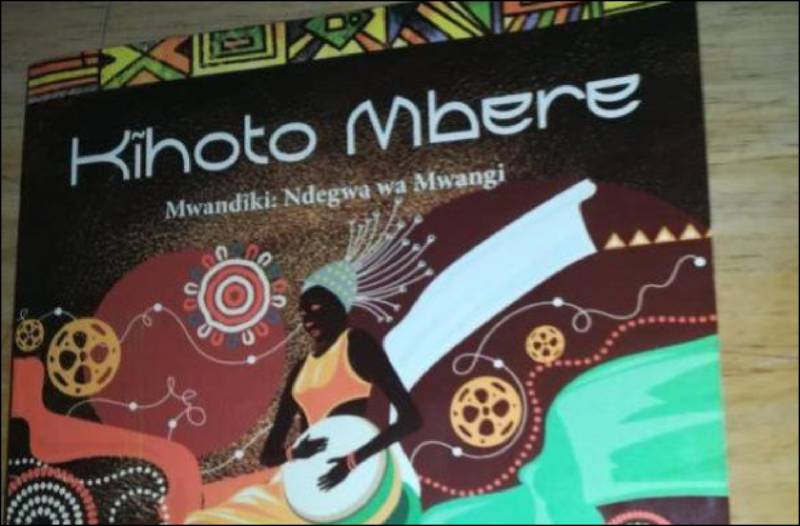×
The Standard e-Paper
Join Thousands Daily

In his book, Decolonising the Mind, Prof Ngugi wa Thiong’o, critiques the use of foreign languages in post-colonial Africa. He examines the practice of imposing the coloniser’s languages on the people they have colonised, terming it a tool for disenfranchisement.